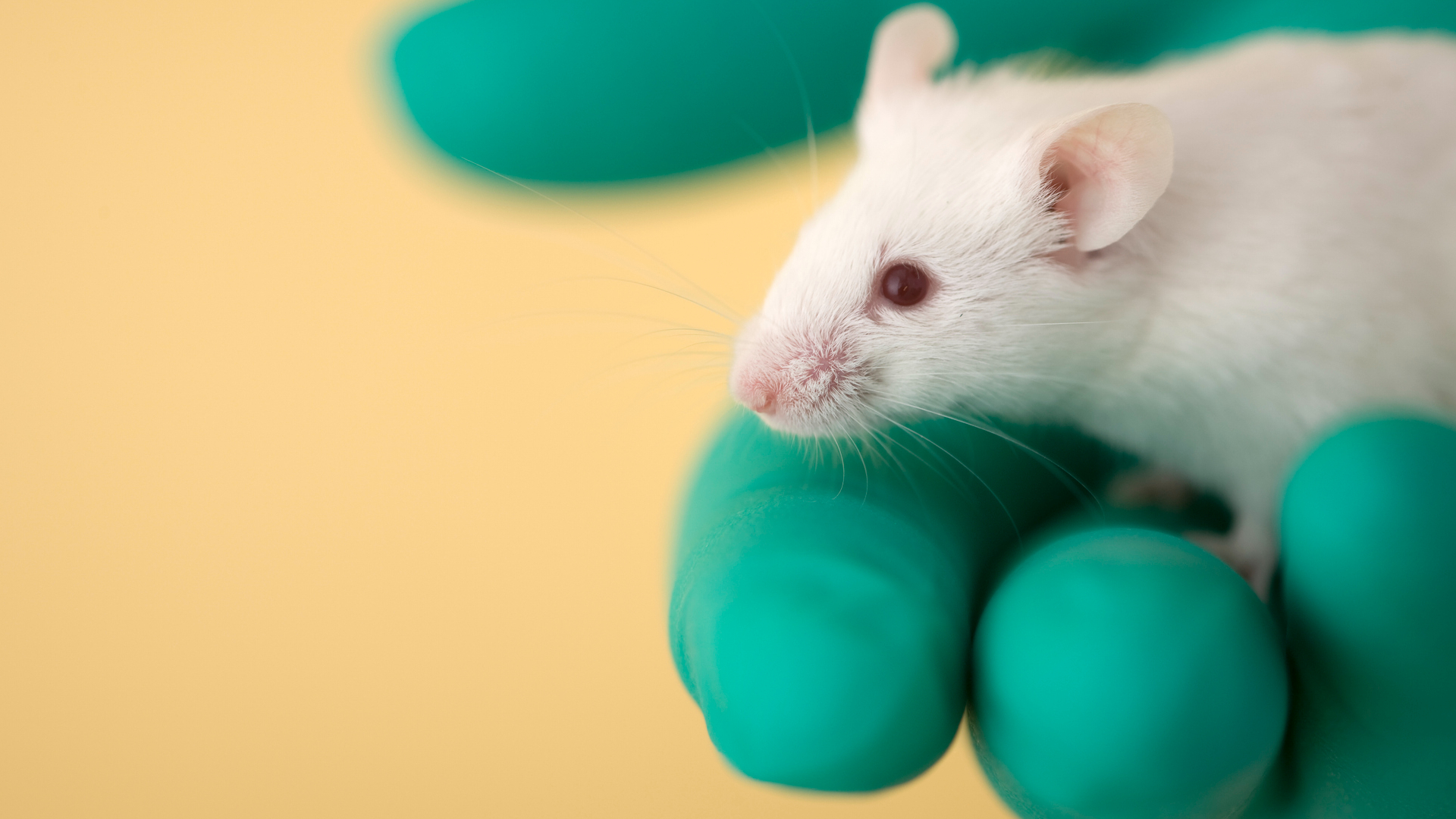A Hair-Raising Discovery: New Compound Regrows Hair
Get the world’s most fascinating discoveries delivered straight to your inbox.
You are now subscribed
Your newsletter sign-up was successful
Want to add more newsletters?

Delivered Daily
Daily Newsletter
Sign up for the latest discoveries, groundbreaking research and fascinating breakthroughs that impact you and the wider world direct to your inbox.

Once a week
Life's Little Mysteries
Feed your curiosity with an exclusive mystery every week, solved with science and delivered direct to your inbox before it's seen anywhere else.

Once a week
How It Works
Sign up to our free science & technology newsletter for your weekly fix of fascinating articles, quick quizzes, amazing images, and more

Delivered daily
Space.com Newsletter
Breaking space news, the latest updates on rocket launches, skywatching events and more!

Once a month
Watch This Space
Sign up to our monthly entertainment newsletter to keep up with all our coverage of the latest sci-fi and space movies, tv shows, games and books.

Once a week
Night Sky This Week
Discover this week's must-see night sky events, moon phases, and stunning astrophotos. Sign up for our skywatching newsletter and explore the universe with us!
Join the club
Get full access to premium articles, exclusive features and a growing list of member rewards.
If you stress out so much that your hair falls out, there could be hope for you researchers have developed a compound that induces hair growth in mice by blocking a stress hormone, a new study has found.
Researchers found that mice engineered to overproduce a certain stress hormone were born bald, but grew back their hair when they were given a shot of the chemical compound astressin-B. When researchers gave the mice one shot a day for five days, their hair regrowth lasted four months, according to the study.
If the compound can be developed into a safe treatment for humans, it could be an option for men and women with hair loss, said Dr. Jerry E. Cooley, president of the International Society of Hair Restoration Surgery, who was not involved with the study.
"Most of us who specialize in treating patients with hair loss suspect that stress can play a role, and this is just scientific confirmation that stress creates hormonal changes that can promote hair loss," Cooley told MyHealthNewsDaily.
The study was published online today (Feb. 16) in the journal PLoS One.
Accidental hair growth
The California researchers stumbled on the hair regrowth finding on accident. They set out to study how astressin-B worked in the gastrointestinal tracts of bald mice engineered to overproduce the stress hormone called corticotrophin-releasing factor (CRF).
Get the world’s most fascinating discoveries delivered straight to your inbox.
But a single injection didn't seem to make a difference in the mice's intestines, so they continued the injections for five more days. Then, they put the bald mice back in their cages with hairy mice that didn't overproduce the stress hormone.
Three months later, when the researchers went back to see how the compound had affected the mice's intestines, they were unable to tell the stress-hormone mice from the regular mice because the bald mice had regrown all their hair.
The researchers then also tried treating the mice with human anti-balding drug minoxidil, which resulted in just mild hair growth, the study said.
The role of stress in hair loss
Not all hair loss is caused by stress. In fact, the majority of hair loss is a result of hormones, called pattern hair loss , or androgenetic alopecia. For example, men with male pattern hair loss have a genetic sensitivity to the hormone dihydrotestosterone, Cooley said. The drug finasteride (Propecia) works by blocking dihydrotestosterone.
But dermatologists see different kinds of hair loss, and stress is certainly a common contributing factor, he said.
Current hair-loss treatments include medication and surgery. Finasteride and minoxidil work by stopping hair loss, but they only have limited success in regrowing hair. Surgery can help replace lost hair, but it must be done in addition to drugs that combat hair loss, Cooley said.
But if the mouse compound is developed for human use in the future, it could be a promising option as well, he said.
"We don't necessarily look for medication to block stress receptors, but it would be interesting to see if this might be an additional help," Cooley said.
Researchers hope to be able to test the compound in humans over the next two to three years.
Pass it on: A compound can re-grow hair in mice by blocking certain stress hormones. The discovery is promising for people who suffer hair loss due to stress.
- Balding at Age 20 May Signal Higher Risk of Prostate Cancer
- Hair Loss and Balding: Causes, Symptoms & Treatments
- 7 Weirdest Medical Conditions
Follow MyHealthNewsDaily staff writer Amanda Chan on Twitter @AmandaLChan.
 Live Science Plus
Live Science Plus











